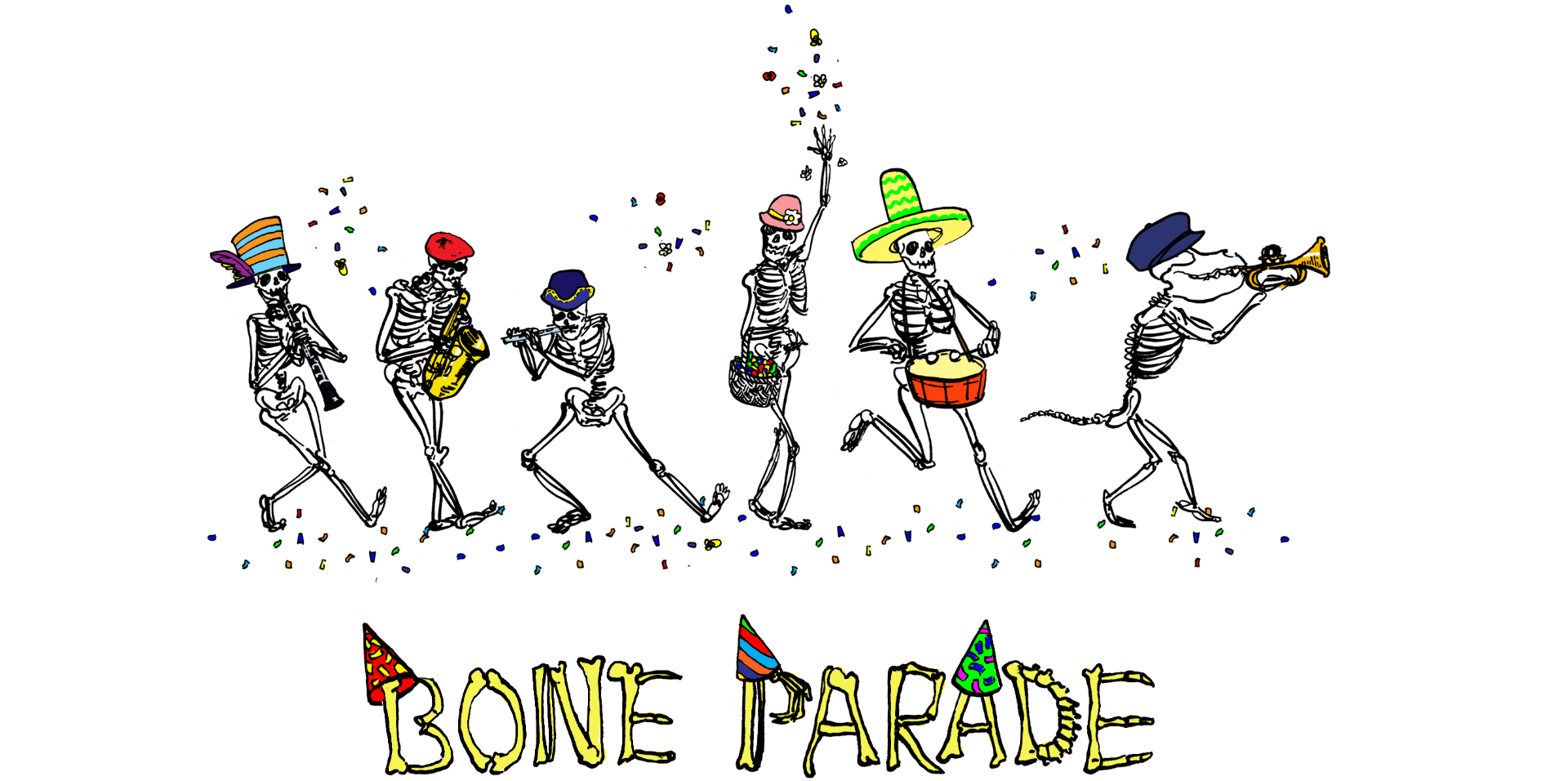Salt Water and Whiskey / Brendan Todt
She didn’t like whiskey, but she made herself drink it sometimes. She didn’t like the way it tasted, but she liked the way it made her feel: strong. She liked how the ice in her real glass glass sounded fancy clinking off the sides, though the glass itself was not fancy. Though she was not. She imagined for a moment she were at a bar and not in her little kitchen. That there were men and women around her, none of them looking at her, because there was nothing at all to look at.
The hard water had left stains and streaks on the glass. Her super was in charge of the hard water situation. Her mother said she would take care of it herself. Somehow. As if she could. Marge didn’t care one way or the other, and in fact, rather preferred the hard water. She hated thinking of herself as soft. Why else make herself drink whiskey?
She thought about the bags of salt she saw outside the grocery stores sometimes. She thought about slinging them over her shoulder like the body of a large child. Parents made scenes, sometimes, the way they mistreated their misbehaving children. Her own mother had called the super a couple of times already. It had gotten none of them anything but frustration. She liked to think that the super, whom she had never met face-to-face, was a godlike figure: probably real, but good-for-nothing and either unable or unwilling to affect any kind of change in her world.
Marge kept the place pretty tidy, which was a tendency she let slide when she knew her mother would arrive. Because if her mother arrived and there was nothing else to fuss over but the hard water stains, she would talk about the super for another hour and go out and buy new brushes and stronger, harder liquid soaps, and try to scrub the latest stains off of the glass. Her mother had already cut herself twice breaking glasses trying to do this.
Her mother was transparent. But then, so, too, was Marge. Maybe not as transparent as soft water, which everyone aspired to have and to be, but like hard water, a little cloudy, a little mineral-tasting on the tongue. She didn’t give a shit one way or the other what the glasses looked like when she drank out of them. They had come from Goodwill, and if she or her mother didn’t break them first, they’d go back there when she outgrew their use and could, at some point, she hoped, afford a larger set of nicer, newer ones.
Even the whiskey was transparent in its own weirdly tinted way. Her mother didn’t like that Marge drank whiskey because Marge drank whiskey better than her mother did. Her mother who did not allow herself any whiskey anymore, and therefore threatened to take Marge’s away from her, and to call the super.
“How does the salt soften the water, anyway?” Marge had once asked her mother, who would not stop talking about it and who did not know the answer. They did not talk about it the rest of the visit, but the next time her mother came out she sketched out a whole series of diagrams regarding the purification process, which reminded Marge of the way her mother had first tried to talk to her about sex. As if she needed to.
Marge couldn’t listen at all to the explanation. Not because she was mad at her mother—she was—or because she didn’t care—she did—but because she needed some things to remain mysterious. The super was more interesting as a voice whose face she had never seen and whose existence she could somewhat plausibly deny. Everything else in the world was so explainable. Soft water and her mother’s problems with men, her mother’s problems with alcohol, her mother’s problems with her. It was perfectly explainable why the faucet leaked and the glasses streaked. Just as it was perfectly explainable why everyone always looked at Marge but no one ever came up and spoke—no one except children, that is, who were then hauled away by their parents like big heaping bags of salt.
Brendan Todt lives in Sioux City, Iowa. His most recent work has appeared in Pithead Chapel, Necessary Fiction, Reed Magazine, and The Ekphrastic Review, where his poem “Because the Living May Be Worth Something, Too” was selected as a “Best of the Net” nominee. He won the 2021 Juxtaprose Poetry prize. Brendan teaches creative writing at Morningside University.
